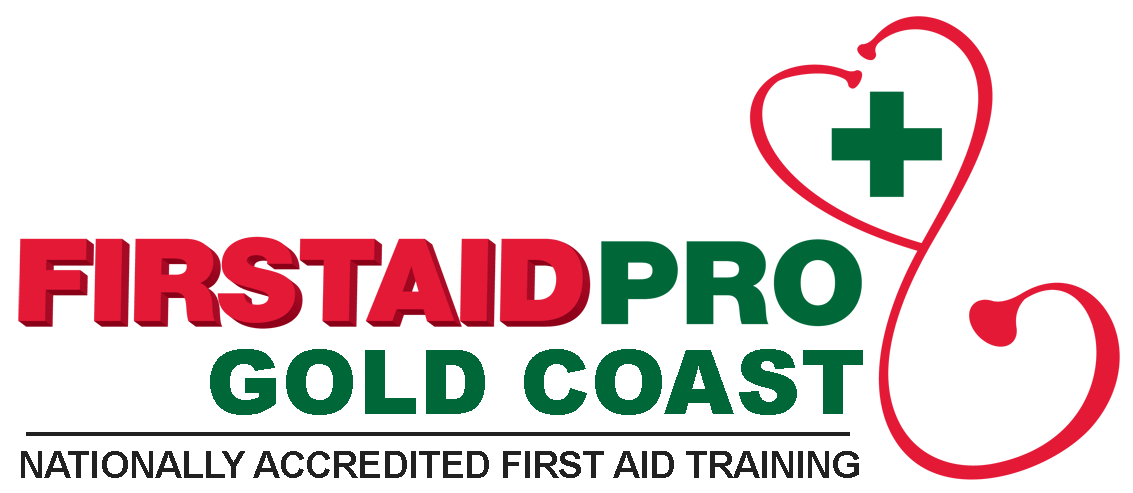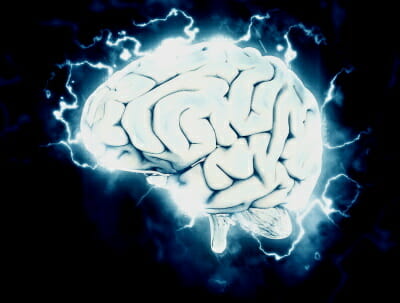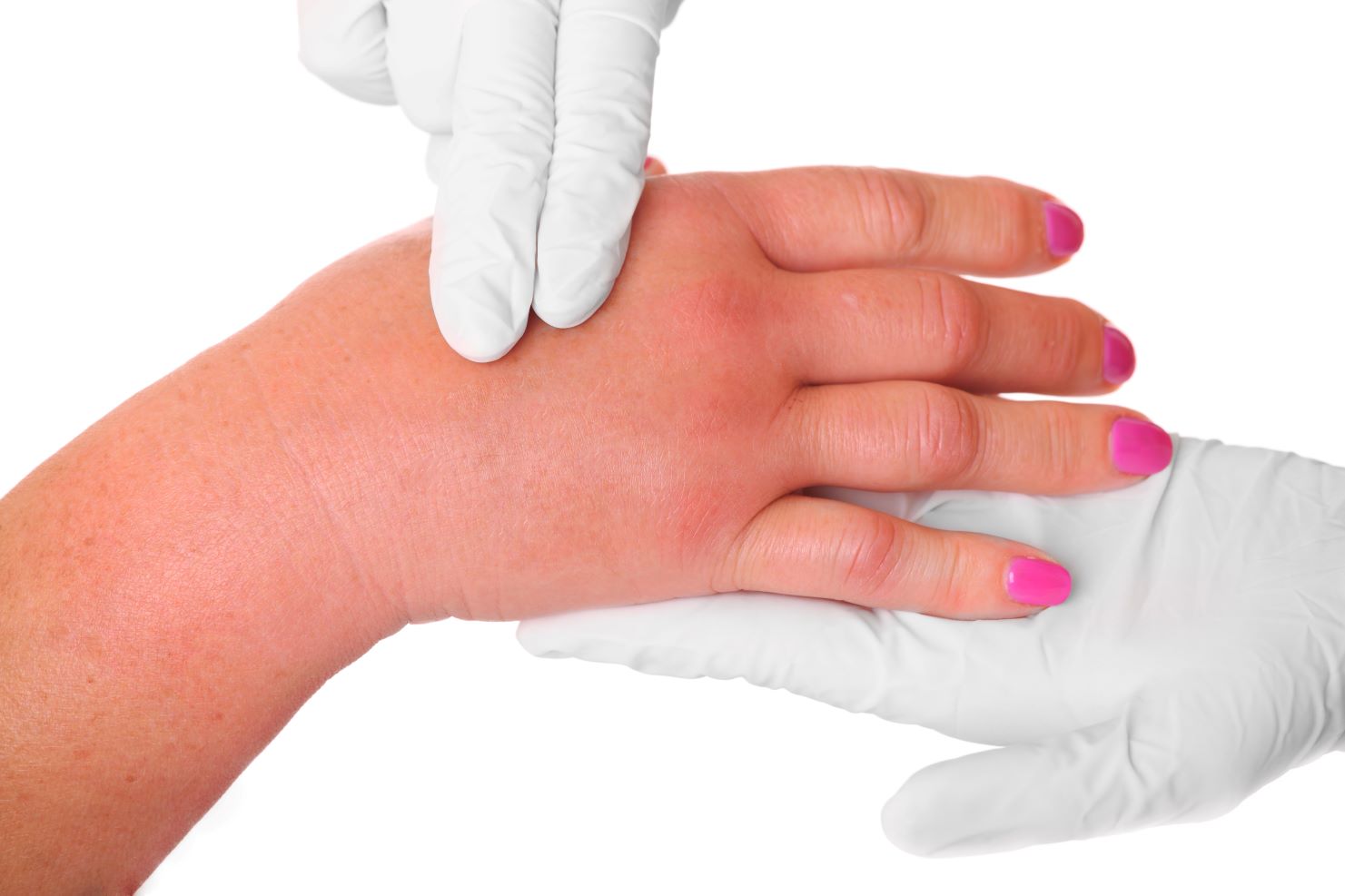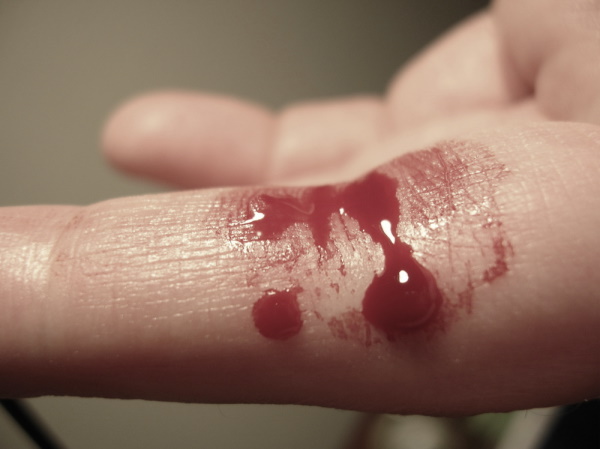Epilepsy is a condition that affects roughly 50 million people worldwide, making it one of the world’s most common neurological conditions. It is also widely misunderstood.
In some cultures, seizures caused by epilepsy were thought to be a curse from the Gods, or a sign of demon possession. In the United States it was legal to deny people with seizures access to restaurants, theatres, recreational centres and other public buildings. In China and India today it is still regarded as grounds for annulling a marriage – as it was in Great Britain up until 1971.
And yet, despite this, it is nothing more than a disease of the brain.
What exactly is epilepsy?
Epilepsy is a neurological disorder – or more accurately, a group of neurological disorders – which causes recurrent seizures. Scientists don’t yet understand the exact mechanics of how the condition works or what triggers seizures, but we do have some understanding of the condition. In some cases, it can be linked to other conditions such as strokes, injuries or infections within the brain, but in around 50% of cases, the causes are unknown.
An epileptic seizure is a burst of unusual, uncontrolled electrical activity in the brain. In a way, it’s like a short circuit in the brain. This causes parts of the body to malfunction for a short period – giving rise to a range of different outward symptoms, including loss of consciousness, loss of muscle control, and convulsions. These symptoms generally last between a few seconds and a few minutes.
Normally the person suffers no damage from the seizure itself – most harm caused by a seizure is due to injury from falling or similar associated injuries. Epilepsy doesn’t have a cure as such, but in 70% of cases, it can be managed quite effectively with medication or other treatments.
What do I do if someone is having a seizure?
The first question is “What kind of seizure”? Although if you’re asking the above question, it’s quite likely that what you’re referring to is what’s called a Tonic-Clonic seizure (previously known as a “Grand Mal” seizure). These are the most well-known type of epileptic seizure – where the sufferer often loses consciousness, falls to the floor, and begins to convulse.
It’s not unusual to feel alarmed when witnessing a seizure, especially for the first time, but try to remain calm. In such instances, there’s nothing you can do to “bring them out of it” – the seizure will generally run its course over the next few minutes, and the person will eventually regain consciousness. Your main priority is to keep the person safe until that happens.
In the case of a Tonic-Clonic seizure, you should:
- Try to remain calm
- Clear the space around them of hard or sharp objects
- Place something soft under their head
- Loosen clothing that may be constricting or entangling them
- When possible, roll them onto their side (to avoid choking on anything)
- If possible, time the seizure – even if it’s just taking note of the clock (to the nearest minute).
- Don’t allow people to crowd around, watching (waking up to a crowd watching you can be alarming and potentially humiliating).
Stay with the person and speak to them calmly and normally until they regain consciousness
However, you should definitely NOT:
- Restrain the person’s movements
- Move them (unless they are in immediate danger)
- Force anything into their mouth (they do not need to “bite down” on anything)
- Give them food, water, or any medication until they regain consciousness and are fully aware
Under normal circumstances, you will not need to call 000 for an ambulance. However, you should do so if…
- The person is significantly injured
- The person has food, water or vomit in their mouth (they may have inhaled it)
- The person is having difficulty breathing after the seizure stops
- The person has a distinct second seizure
- The seizure goes on longer than 5 minutes
- The person remains non-responsive for more than 5 minutes after the seizure ends
- You’re in doubt about the safety of the person
Remember that if in doubt, the emergency services operator will be able to advise you further.
After the Seizure has ended
When a seizure has passed, the person could be quite confused and disoriented. In some cases, they may even suffer from short term memory loss and be unsure where they are (or even who they are). This should pass, but may cause some distress initially. Try to:
- Reassure the person they’re safe
- Let them know you’ll stay with them until they recover
Sometimes, seizures can cause loss of bladder control, so the person might need assistance getting cleaned up (preferably with a minimum of fuss to avoid humiliation). They might also feel fatigued and need rest, or suffer from headaches or difficulty speaking. Where possible, help the person to feel safe, comfortable and reassured.
Other types of seizure
Tonic-Clonic seizures are the best known and probably the most significant and dangerous type of epileptic seizure, but they are not the only type. It’s possible that you may also witness people suffering from other, less dramatic forms of seizure, such as:
- Absence seizures – Once called “Petit Mal seizures”, these often cause a sufferer to “blank out” for a few seconds – becoming non-responsive and generally pausing what they’re doing or saying – or possibly repeating a simple action, such as blinking.
- Focal seizures – These affect a small portion of the brain and can cause anything from unexplained emotions to mysterious sensations of taste, sound, or movement. The person might exhibit odd behaviour such as smacking lips or fumbling hand movements.
- Atonic seizures – These can involve the person losing muscle control and falling – although they generally remain conscious and often recover quite quickly
With this and other forms of seizure, the symptoms can vary a great deal. Regardless of this, the treatment is generally similar – keep the person safe and comfortable until the seizure passes naturally, stay with them while they recover, and call 000 if they remain unresponsive for more than 5 minutes.
Thinking ahead for an emergency
It’s one thing to be able to look up “first aid for epilepsy” online, but how can you be prepared ahead of time to assist if someone is suffering a seizure – and a range of other emergencies?
To be ready to provide immediate first aid in an emergency, consider professional first aid training. This will mean that you’re not fumbling for web links on your phone when lives are on the line – you can respond in a timely fashion.
First Aid Pro can help with that – offering high quality, professional first aid training – covering epileptic seizures and a whole lot more. Make sure you’re never caught out without the skills and knowledge to help in a medical emergency.







